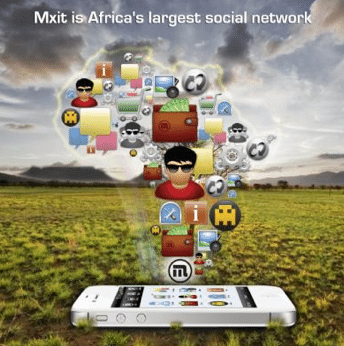Disaster Management
Mobiles have been finding innovative uses in refugee camps, allowing displaced people to reconnect with family and loved ones.
A non-governmental organization, Refugees United has teamed up with mobile phone companies to create a database for refugees to register their personal details. The information available on the database allows them to search for people they’ve lost contact with. South Africa’s 2008 xenophobic attacks inspired the launch of SMS (Short Messaging Service) emergency reporting and relief systems.
Agriculture
Mobile phones have made a huge difference in the lives of farmers in a continent where the agriculture sector is one of the largest employers. Most of these people will be “smallholder farmers,” without access to financing or technology.
By serving as platforms for sharing weather information, market prices and micro-insurance schemes, mobile phones are allowing Africa’s farmers to make better decisions, translating into higher-earning potentials. Farmers are able to send a text message to find out crop prices in places thousands of kilometers away.
Health
The World Health Organization estimates that nearly 30 percent of drugs supplied in developing countries are fake. In 2009, nearly 100 Nigerian babies died after they were given teething medicine that contained a solvent usually found in antifreeze.
A simple text-messaging solution was all 28-year-old Ghanaian doctoral student Bright Simons needed for his innovative plan to tackle counterfeit medicine in African countries. Simons’ pioneering idea was to put unique codes within scratch cards on medicine packaging that buyers can send via SMS to a designated number to find out if the drug is genuine or not.
The system is now being used by several countries in Africa and rolled out to places such as Asia, where there are similar problems with counterfeit drugs.




